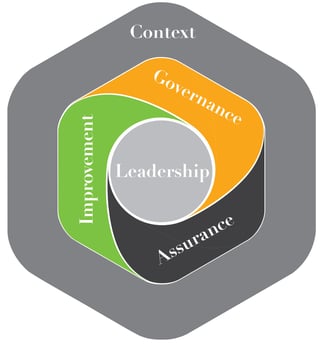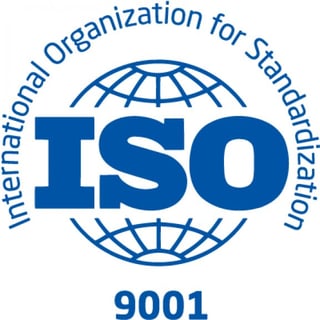[CQI Guest Post]
Last year I attended the IOD annual conference in London, just after the VW scandal broke. I was intrigued by the debates among executives and non-executives questioning whether a Board is responsible for the culture of an organisation and why quality failures keep surprising them. Of course they are responsible for culture and they should not be surprised.
When a scandal such as the VW emissions is revealed, those affected expect somebody to be held accountable. Naturally they look to the top, after all it is the Board who are ultimately responsible for a business's performance. And they can protect themselves and their organisations before a scandal hits if they have a powerful weapon at their disposal – a system of operational governance.
This system is crucial to ensuring that top management is content, that all stakeholder requirements are understood and captured in their operational frameworks, policies, processes and change plans.
Operational governance, like any other discipline, requires competent professionals equipped with both the technical skills and the leadership skills to help executive and non-executive teams ensure that the system of operational governance is effective and that it drives the right change based on knowledge of the performance of the business. There is no one better placed to support organisations in this than the quality professional. No other professional, apart from the CEO, considers the full range of stakeholder requirements and looks across the whole value chain of an organisation with this in mind.
The CQI Competency Framework and the new iteration of ISO 9001 were both released recently and both have a focus on leadership and context. These are both opportunities for the quality profession to educate senior managers and non-executive teams of the business benefits of embracing good operational governance.


© Chartered Quality Institute
Of course, preventing failure through good governance is the down side. The up side is improving the quality of product and service and seeing associated increases in customer satisfaction, efficiency and competitiveness. Culture, like reputation, can be a long time in the making and a system of good governance is a key driver.
Related article: Re-Positioning the Quality Profession [CQI Guest Post]
Written by Vince Desmond
Acting Chief Executive at The Chartered Quality Institute
